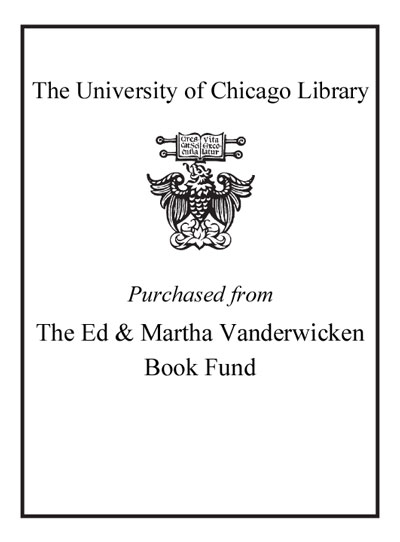Review by Choice Review
Anthias (Univ. of Copenhagen, Denmark) contributes to a rapidly expanding literature on how resource extraction leads to tension between indigenous communities and new left governments that purportedly should rule on their behalf. One of the most noted skirmishes occurred in Bolivia in 2011 when President Evo Morales proposed building a highway through the Isiboro Sécure National Park and Indigenous Territory (TIPNIS). Anthias turns her gaze to similar dynamics in a Guaraní community in the gas-rich Chaco region on the opposite side of the country to examine the evolution of territorial claims and how they are contested through mapping projects and become enmeshed in hydrocarbon politics. She scrutinizes the efforts of local leaders to negotiate historical articulations of race, property, and power as they become transformed through hydrocarbon development projects. Anthias contends that land titling projects become double-edged swords, because as they provide rural communities with rights they also come into conflict with traditional understandings of territoriality, sovereignty, and citizenship. Her critical reflections on decolonization will be of interest to anthropologists and geographers seeking a ground-up perspective on how extractive economies transform marginalized communities. Summing Up: Recommended. Graduate students through professionals. --Marc Becker, Truman State University
Copyright American Library Association, used with permission.
Review by Choice Review

